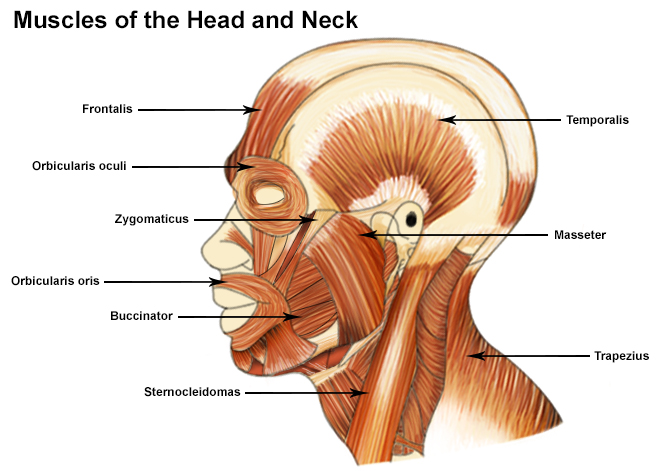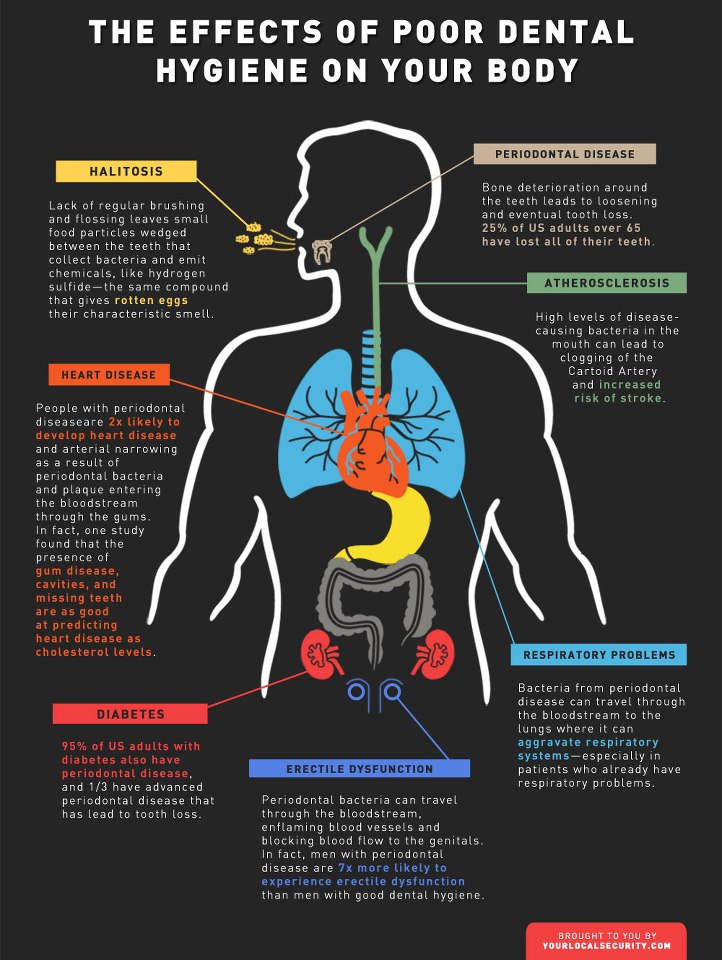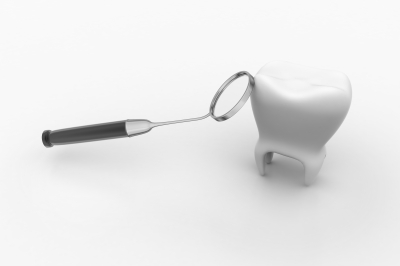
Scared of the dentist? It’s quite common, but actually what is more common is people are overcoming that fear to have the treatment they need and/or want.
Here’s where your journey begins…
If your fear hits you when you first start thinking you need to come to the dentist, or that you need some form of treatment it can often seem like a huge mountain to climb. But we want to assure you that the journey of 1000 steps always starts with a first step. And it’s just like the joke:
“How do you eat an elephant?”
Answer… one bite at a time.
Overcoming dental fear is the same… overcome it one small step or bite at a time.
Tip #1 – Time to unlearn?
Think about it now, you weren’t born with a fear of the dentist, babies are a blank canvas and have no such irrational fears. However, as we get older we have certain experiences that shape our views, we actually learn fears that weren’t with us earlier on.
The problem is that we have these experiences once and they then shape our thought patterns by teaching us new behaviours i.e. to be scared of the dentist, this is a key point to understand, your fear is a learnt behaviour – and if it can be learnt, a new way of thinking can also be learnt.
So, take number one is to accept that you learned this behaviour at some point. Accepting this means a new behaviour and way of thinking can also be learnt.
Tip #2 – Talk to your dentist
Talking is good. Your dentist will have experience this many times before and will have a multitude of ways they can help. For example, if even walking in through the door is a problem your dentist can overcome this by talking on the phone, then chatting to you in the reception area (no dental ‘stuff’ in sight). Once you’ve got this far you can discuss simple next steps in helping you, all working to help you overcome your fear at your own pace.
The real key in overcoming your fear is to talk to and open up communication, most people’s fears are based on outdated ways of doing things that are easily avoided, dentistry has changed an awful lot in recent years and many of those old techniques are no longer used.
Tip #3 – Book an early morning appointment
This is a quick and easy one to do, rather than sit there all day worrying about your dental appointment, book an appointment as early in the morning as you possibly can. It’s then a case of getting up, getting ready and getting on with it… No time to worry.
Tip #4 – Bring a friend
Bringing a friend can be a real help but is recommended that you work out in advance discussion topics. There’s nothing worse than sitting in the dentist waiting room with your friend blankly staring into space and feeling anxious. Agreed topics such as holidays, days out or simply bring your diaries so you can work out when you are next going to catch up… The trick is to work out in advance what you are going to discuss, you will find the time flies by.
Tip #5 – Agree a STOP signal
Most dentists, if they know you are anxious, will ensure there is a stop signal agreed. If for any reason this doesn’t happen just mention it when you sit in the chair. Tell your dentist that you are scared and say that you will raise your right hand if you want them to stop at any time.
This puts you in control which can easily remove a great deal of the fear in itself.
Tip #6 – control the voices
Do you hear voices in our head?
If you are thinking ‘No I don’t have voices’ then THAT’S the voice we are talking about, the one that just said ‘I don’t have any voices’!
We all have voices in our head that talk to us telling us things… ‘you’re no good’ ‘ you’re fat’ ‘ you’re scared of the dentist’… now you know the voice we mean. In fact most people read in their heads using that exact same voice.
A key strategy on overcoming fear and relaxing at the dentist is to learn to control these voices, so try this exercise now… it may seem odd, but try it as it will work brilliantly for you.
1) Say in your mind something mean about yourself.
Not anything too mean, but something that is important to you and has meaning for you, something like “You’ll never be any good at anything’… you know, the kind of thing we were told as kids and we keep with us as adults.
2) Now take that voice and remove it from your head and imagine it on your shoulder, allow it to keep saying those mean things.
Notice how it seems to have less power now that it is out of your head and on your shoulder
3) Now hold you arm out straight in front of you, put your thumb up vertically, and imagine your voice coming from the tip of your thumb.
As you do this now, notice that even though the words are the same, the power of the voice is weaker.
4) Now give that voice on the tip of your thumb a comedic voice, something really funny and stupid. Allow it to say the same mean things, but allow that voice to say them from the tip of your thumb and in a comedic and funny voice.
Notice this time how the power is completely gone from that voice. Notice how YOU have controlled that voice to take away it’s power.
Now you have realised that YOU are in control of the nagging voice in your head, each time it mentions fear, then place it at the end of your thumb, give it a comedic funny voice and the power of that negative thought has gone.
Tip #7 – Relax with help
Many times it’s easy to offer some form of dental sedation to help with relaxing at the dentist, this is often called sleep dentistry.
Sleep Dentistry
Sleep dentistry is when you have a small injection in the back of the hand or in the crook (front) of your elbow. The intravenously administered drug allows you to drift off into your own world, you will have no memory of what happened afterwards making it an exceptionally great way to have dental treatment.
Dentistry often requires the patient to be conscious during treatment, you may be asked to bite together so that the dentist can see how the teeth meet, sleep dentistry allows you to do this but means you can relax deeply whilst having the treatment.
Sleep dentistry will require you to be taken home by a reliable adult and have that persons stay with you for a little while afterwards.



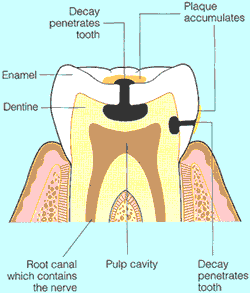

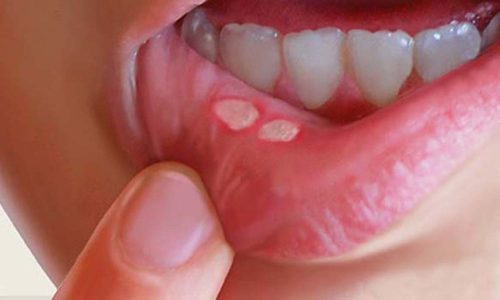
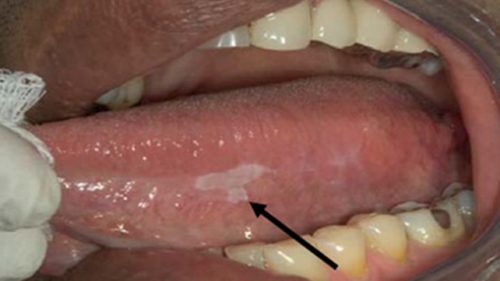

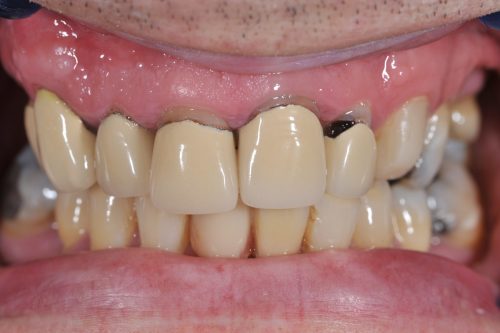 After removal of black lines
After removal of black lines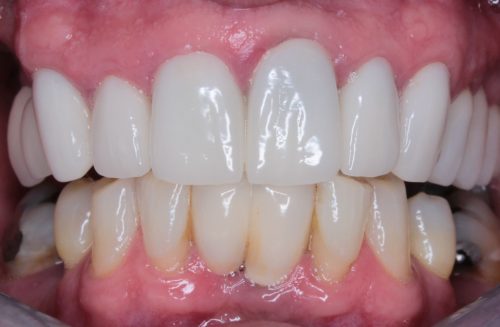


 Why is dentistry so expensive?
Why is dentistry so expensive?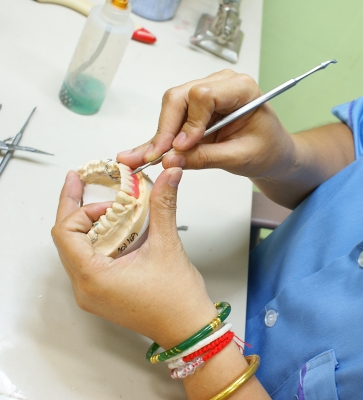

 A special report by Dr Zubair Sacranie revealing what everyone should know about replacing missing teeth.
A special report by Dr Zubair Sacranie revealing what everyone should know about replacing missing teeth.
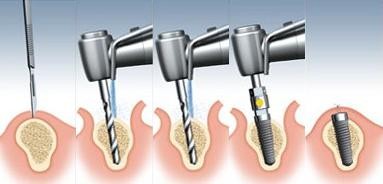
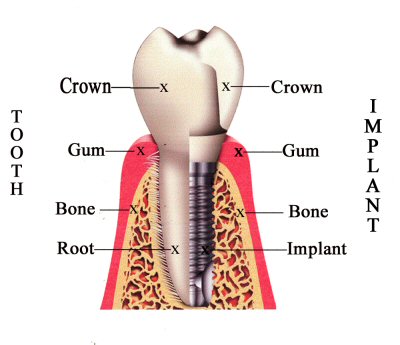


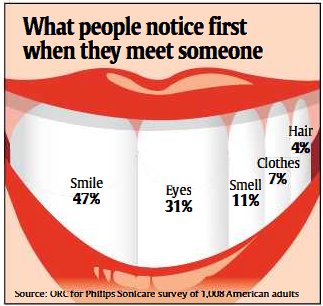 Research by both Sonicare and the American Academy of Cosmetic Dentistry has shown that people tend to notice a great smile first when they meet you. This goes a long way to explaining why a straighter smile improves self-esteem.
Research by both Sonicare and the American Academy of Cosmetic Dentistry has shown that people tend to notice a great smile first when they meet you. This goes a long way to explaining why a straighter smile improves self-esteem. It is absolutely vital that you keep your teeth clean. Each time you eat the bacteria in your mouth needs of of the
It is absolutely vital that you keep your teeth clean. Each time you eat the bacteria in your mouth needs of of the 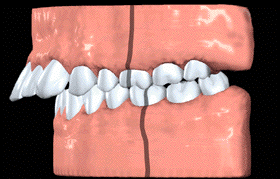 If your teeth protrude then they are more likely to receive a direct blow in the event of an accident.
If your teeth protrude then they are more likely to receive a direct blow in the event of an accident.